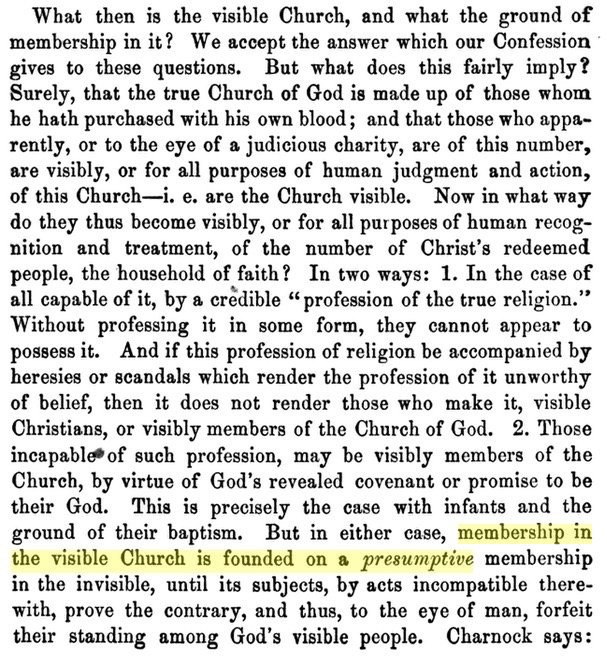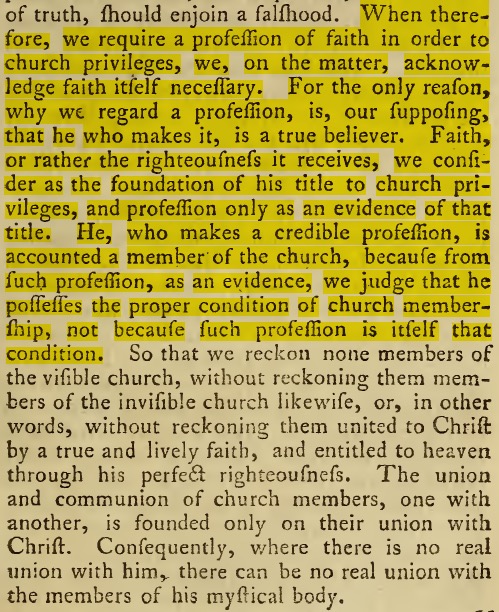Resources
Peter Masters on 1689 Federalism
On 08, Feb 2017 | In Resources | By Brandon Adams
The latest issue of the Sword and Trowel magazine from the Metropolitan Tabernacle features some thoughts on covenant theology from Dr. Peter Masters.
As I remarked earlier, this was what I was taught in spiritual infancy. The 1689 covenant view was still alive in the 1950s. I remember as a very young man being surprised on first running into dispensationalism, and then being even more surprised to find that some Calvinistic Baptists had adopted a modified Presbyterian view, accepting the Mosaic order as an administration of the covenant of grace. They took the view that after the Fall there has been only one covenant – that of grace – administered in different ways in the Old and New Testaments. In other words, they took the ‘one-covenant two-administration’ view.
The heyday of dispensationalism almost crowded out the old view, then in the 1950s a renewed enthusiasm for good systematic theology swept in, but being largely from a Presbyterian stable, it led many Baptists to adopt their one-covenant position. The authentic Baptist view was not rendered altogether extinct, however, and it is grand to see it enjoying a considerable revival, several excellent studies having emerged in the USA in recent years**. I used to visit the USA often years ago and it seemed to me that the historic Baptist view of covenants had died out there. It was a kind of side-hobby for me to chat to pastors about the authentic Baptist view of covenants, and I believe they viewed me as an eccentric, speaking of something unknown to mankind. But the revival of the historic view in recent years is immensely valuable, for few things are so scripturally logical, illuminating and practical.
** Eg: The Distinctiveness of Baptist Covenant Theology by Pascal Denault (Solid Ground); Recovering a Covenantal Heritage: Essays in Baptist Covenant Theology, Ed: Richard C Barcellos (RBAP).
See also Did Spurgeon hold to 1689 Federalism?




